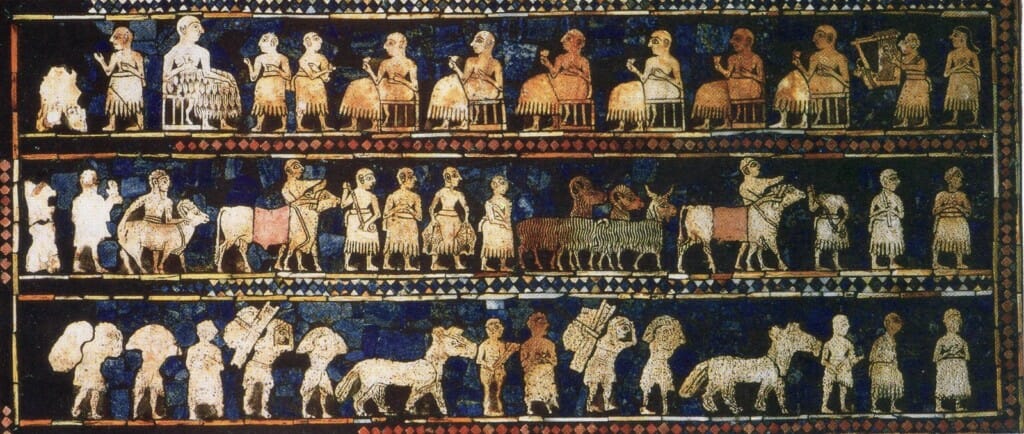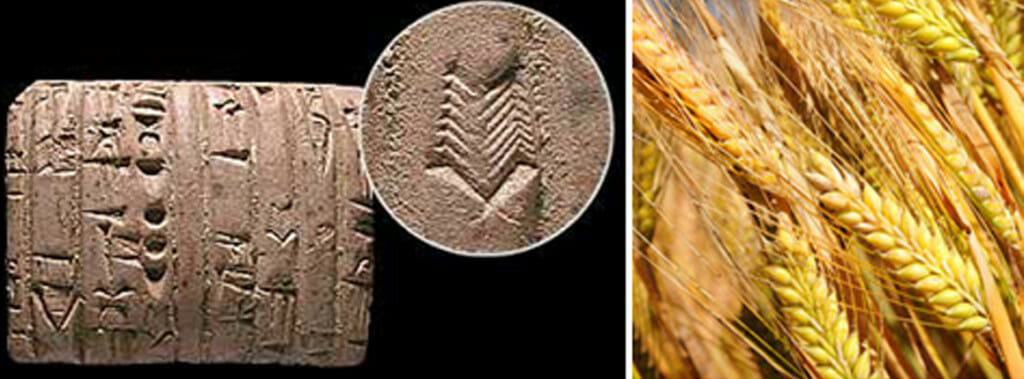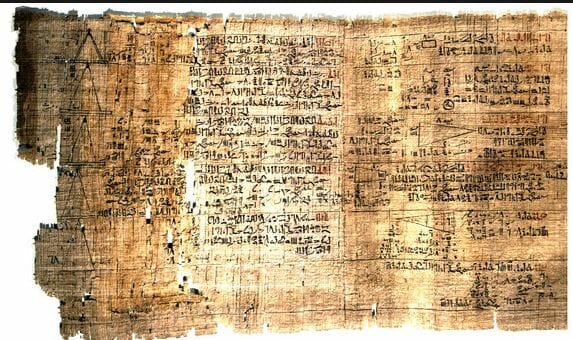A History of Factoring
Freight Broker
The concept of factoring is thought to trace back thousands of years to ancient Mesopotamia. For some this history may be surprising, however, if you know the history of this region, they were believed to be responsible for advancement in many of the areas of academic study and industry that our world still greatly depends on to this day. These include writing, advanced mathematics, astronomy, law and quite honestly the confines of civilization itself. Even the names of the days of the week that we use today are thanks to the Mesopotamians, but I digress.

(*Mesopotamian art depicting the barter system.)
So where do we see the historical traces of factoring come into play here? Well, at the time Mesopotamia did not have a vast amount of natural resources; at least not the ones that were in popular demand at the time. Therefore, they had to establish methods of trade with neighboring areas who did have the resources they desired such as different foods, clothing, jewelry, wine as well as other goods.

(*Clay ball and tokens used for bartering.)
When trade ships came in it was always a time of great celebration. Bringing in orders that had previously been placed from areas to the North or the East, while others would place future orders for the next time the ships returned. The Mesopotamian merchants were experts of barter and would use clay tokens as a form of contract or invoice, imprinted with intricate symbols describing what they were offering and what was expected as payment in return. These symbols were designed in a unique manner where one symbol might mean a chair, or even a fancy chair, while another meant a bag of fruit. These tokens were placed in a clay ball and upon return with the items, the ball was opened and tokens compared to the goods to ensure what was ordered has been received as agreed upon before payment.

(* Mesopotamian symbols featuring symbol used for barley.)
Barley was commonly used as an acceptable form of payment. For those that did not have the barley available, it could be borrowed from a “barley banker” who charged and interest rate for advancing it to them. Due to the weight of barley, when trading away from home items like gold and silver were used with the same concept as barley.

(*Egyptian finances documented on a sheet of papyrus.)
Jumping forward in time, we find records in ancient Egypt written on papyrus in which we see evidence of similar transactions taking place using this form of factoring. Traces can also be found during this time period in ancient Greece as well. During the Roman era, we continue to see this model of factoring being used with advancements. Introducing the first collection specialists, who received a commission of up to one percent of the money collected. This concept was then spread from the Romans throughout Europe as their empire grew.
The term “Factoring” actually originates from the Latin root word, “Facere” meaning to make, do, accomplish; to become.

(*Statue in the likeness of Jacques Couer, Financial Minister for King Charles VII.)
Additionally, we start to see communities of “factors” appear around England and France during the 13th and 14th centuries, as well as the “factors” of Blackwell Hall in London, who operated as agents for the woolen trade. Not to mention that Jacques Couer, King Charles VII’s Finance Minister, led his 300 “facteurs” to far-off lands to trade as well.
Factoring arrived in this area with the Pilgrims after the voyage of the Mayflower in the 17th Century, when the era of common law factoring began in America. The Plymouth Company invested in the colony prior to the Mayflower even setting sail. These debts were to be paid back with interest over a term of seven years. These practices continued and were later elevated into the modern factoring we know today.
 Here at TAFS, we believe it’s important to remember where you came from while properly planning for a successful future. We honor the history of factoring and we know what the future entails in the trucking industry. We believe our products and services can take your trucking company into the future. From the technology of the times, to helpful, real people to help you through every step of the way, we are here. If you would like to learn more and find out how TAFS does more than freight factoring these days, contact us. We would love to help!
Here at TAFS, we believe it’s important to remember where you came from while properly planning for a successful future. We honor the history of factoring and we know what the future entails in the trucking industry. We believe our products and services can take your trucking company into the future. From the technology of the times, to helpful, real people to help you through every step of the way, we are here. If you would like to learn more and find out how TAFS does more than freight factoring these days, contact us. We would love to help!
